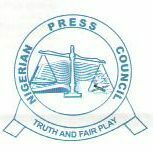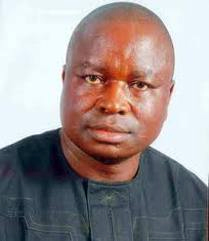The workshop witnessed paper Presenters and Discussants from the Media, academia, Civil Society Rights Groups and Lawyers,
After a 2-day brain thrust, the conference in its communiqué observed, among other things, that: the FoI Law is not restricted to the Federal institutions alone but also those of States, local governments as well as the private sector that provide public service; for a law to be meaningful, it must be tested; the FoI Law is, however, not the solution to all the problems of transparency and good governance but is rather one of the tools that can be used to effectively provide good governance to our land; and that for journalists to hold those in government accountable, they themselves must be accountable. Other observations made are that journalism as a profession must be properly regulated to sustain high professional standards amongst practitioners with enhanced adherence to the Code of Ethics; and that the Nigerian Press Council should seek collaboration with other industry stakeholders to function like its counterparts in other parts of the world.
The workshop identified the following as possible hindrances to the effective implementation of the Law, namely: problem of poor and irregular remuneration within the industry which undermines employment security and compromises professionalism; likely influx of frivolous requests; and low co-operation between stakeholders and the Nigerian Press Council to function in unison to enforce discipline and high professional standards. Others are declining readership culture among the general public and journalists as well as the nonchalance to get informed about the provisions of the Act; and limited time frame of seven days provided in the law for information to be provided upon request for access which, when compared to other nations with similar acts, is grossly inadequate.
In view of some of the challenges identified, the conference made the following recommendations, that: Media professionals should make conscious efforts to deepen their capacity to perform their role of holding government accountable by first making themselves accountable through ensuring that their reports are factual, balanced and accurate; there is the urgent need for all media professionals to carry out an in-depth study of the provisions of the FoI Law in order to get better acquainted with; and that there may be a need to review the Code of Ethics for Journalists to reflect the expectations of the FoI Law. Also recommended are that stakeholders should ensure that the FoI Law can be accessed with little or no resources; stakeholders should strive to ensure that the differences that hamstring the industry are amicably identified and resolved to move the industry firmly on the path of high professionalism; and that the workshop endorses the pledge by the NUJ President to collaborate with the NPC and other stakeholders in enhancing the implementation of the FoI Act.
The workshop was attended by 80 journalists from the South West states of Ogun, Oyo, Osun, Ondo, Ekiti, Lagos, and Kwara.

